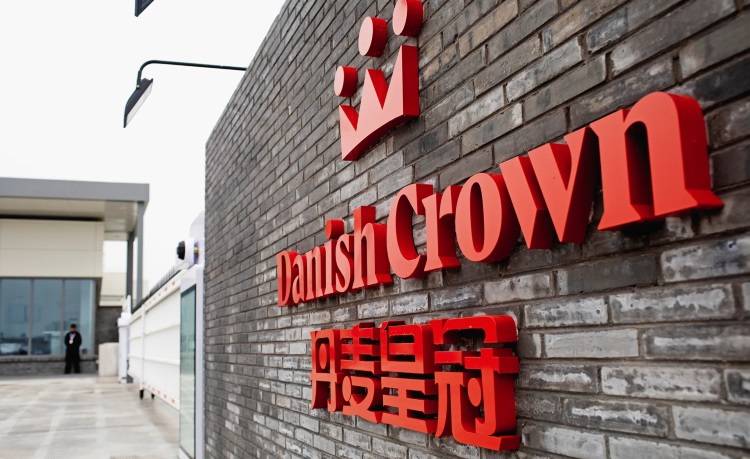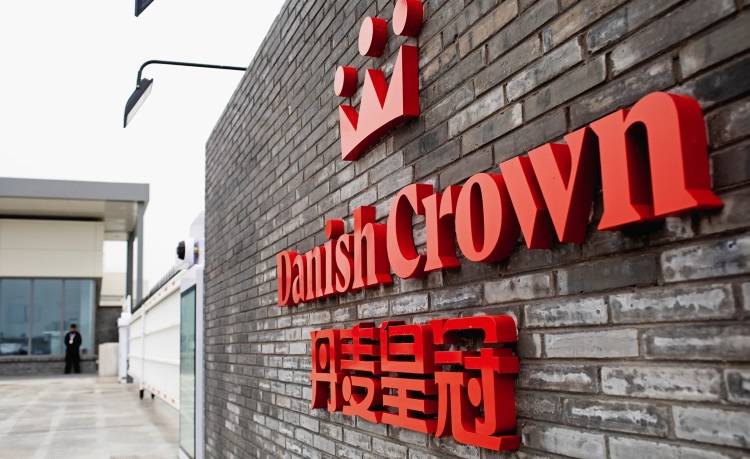China Approves Imports of Danish Crown Processed Pork
In a significant development for the global meat industry, China has granted approval for the import of processed pork products from Danish Crown, one of the leading meat processors. This approval, announced on February 6, 2018, marks the culmination of over nine years of negotiations between China and Denmark. The agreement paves the way for Danish Crown to export high-value processed meats such as salami, frankfurter sausages, and canned pork to the world’s largest pork consumer. This article explores the details of this approval, its implications for Danish Crown, and its broader impact on the global meat market.
Details of the Agreement
The approval allows two factories owned by Danish Crown’s subsidiary, Tulip Food Company, to export six specific products to China: pepperoni, salami, frankfurter sausages, hotdogs, canned luncheon meat, and canned sausages. Tulip Food Company’s chief executive, Kasper Lenbroch, expressed optimism about the new agreement, anticipating the first shipments to begin within weeks. Lenbroch highlighted existing agreements with Chinese distribution partners, ensuring a smooth entry into the market.
Economic Impact
The potential economic impact of this agreement is substantial. Lenbroch estimates that exports of these processed pork products to China could be worth 250 million Danish krone (approximately $42 million) annually in the coming years. This new revenue stream represents a significant boost for Danish Crown, which already has a strong presence in the Chinese market.
Danish Crown’s Existing Presence in China
Danish Crown is no stranger to the Chinese market, selling large volumes of fresh pork to the country. In the 2016/17 financial year, China purchased around 217,000 tonnes of meat from Danish Crown, valued at approximately 403 million euros. This accounted for about 5 percent of Danish Crown’s overall sales. The company’s expansion into processed pork products is a strategic move to capture the growing demand for higher-value meat products in China.
Strategic Partnerships and Expansion Plans
To further strengthen its foothold in the Chinese market, Danish Crown has partnered with Chinese e-commerce giant Alibaba Group. This partnership aims to encourage Chinese consumers to purchase more premium cuts of pork online, leveraging Alibaba’s vast reach and digital platform.
In addition to these efforts, Danish Crown is set to open a new factory near Shanghai next year. This new facility will bolster the company’s capacity to meet the rising demand for processed meat products in China, positioning Danish Crown as a key player in the market.
Broader Implications for the Global Meat Market
China’s approval of Danish Crown’s processed pork imports has several broader implications for the global meat market.
1. Increased Market Access
The agreement significantly increases market access for Danish Crown, allowing the company to tap into China’s enormous consumer base. This move not only benefits Danish Crown but also sets a precedent for other meat processors seeking to enter the Chinese market with processed products.
2. Consumer Demand for Processed Meat
The approval highlights the growing consumer demand in China for higher-value processed meat products. As Chinese consumers become more affluent and develop a taste for a wider variety of meat products, the market for processed meats is expected to expand. This trend presents lucrative opportunities for international meat processors.
3. Enhanced Food Safety and Quality Standards
China’s stringent approval process underscores the importance of adhering to high food safety and quality standards. Danish Crown’s successful approval demonstrates its commitment to meeting these standards, enhancing its reputation as a reliable supplier of quality meat products. This focus on food safety is likely to influence other meat processors to adopt similar practices to gain access to the Chinese market.
4. Global Trade Relations
The agreement between China and Denmark also reflects the broader dynamics of global trade relations. It highlights the potential for collaboration between countries to enhance trade in agricultural products. Such agreements can foster stronger economic ties and promote mutual benefits for the involved countries.
Challenges and Considerations
While the approval is a significant achievement, Danish Crown will need to navigate several challenges to maximize the benefits of this new market opportunity.
1. Logistical Challenges
Ensuring the efficient and timely shipment of processed pork products to China will require robust logistical planning. Danish Crown will need to manage supply chain complexities to maintain product quality and meet consumer demand.
2. Regulatory Compliance
Ongoing compliance with Chinese regulatory standards will be crucial. Danish Crown must continuously monitor and adapt to any changes in regulations to ensure uninterrupted market access.
3. Market Competition
The Chinese market is highly competitive, with numerous domestic and international players vying for market share. Danish Crown will need to differentiate its products through quality, branding, and strategic partnerships to maintain a competitive edge.
Conclusion
China’s approval for the import of Danish Crown’s processed pork products marks a significant milestone for the company and the global meat market. By gaining access to the world’s largest pork consumer, Danish Crown is well-positioned to capitalize on the growing demand for high-value processed meats in China. This agreement not only enhances Danish Crown’s market presence but also sets the stage for future collaborations and trade agreements in the global meat industry. As the company navigates the challenges and opportunities ahead, its success will likely influence the strategies of other international meat processors seeking to enter the Chinese market.
Read: Danish Crown Cuts 1200 Jobs



